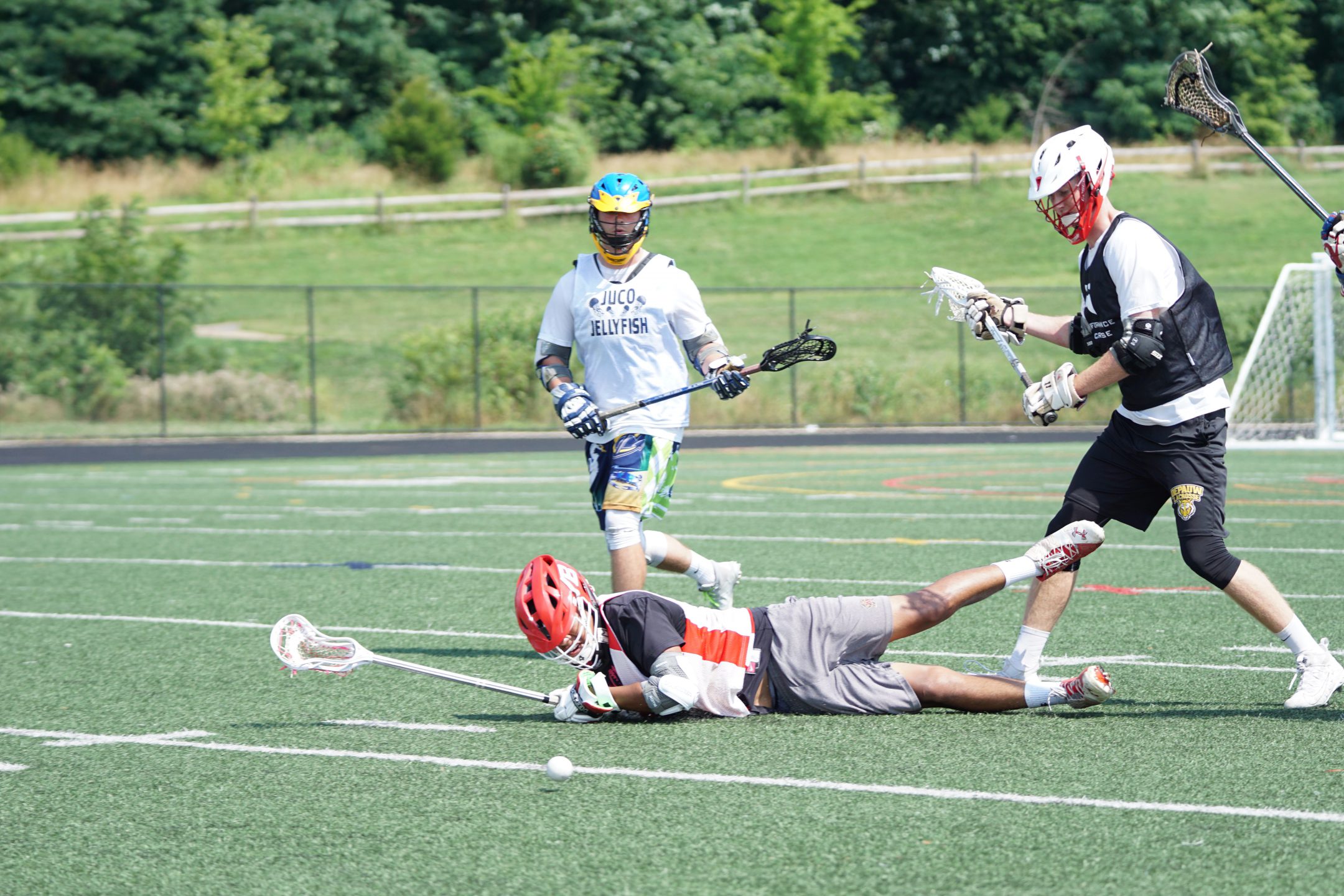A concussion is the most common form of traumatic brain injury. It is caused by a blow to the head, face or neck or any part of the body which causes a sudden vibration of the head.
Concussions are often associated with symptoms such as headache, ringing in the ears, nausea, vomiting, fatigue, drowsiness and blurry vision. They may also cause symptoms such as general confusion, poor concentration, being easily distracted, the inability to recall things that happened before or after the injury and inappropriate emotions.
It is well known that children and the elderly suffer brain injury more easily and often suffer from continuing post-concussion symptoms. However, a new study has now confirmed that concussions in children can lead to long lasting cognitive, behavioural and emotional health consequences.
STUDY REVEALS IMPACT OF CONCUSSION ON ADOLESCENTS
Researchers from the University of Texas Health Science Center at Houston studied 13,000 U.S. high school age athletes to determine the association between concussion history and various factors related to cognitive, behavioural and emotional health. These participants were questioned regarding the number of times they had suffered a concussion within the last 12 months and also questioned regarding their cognitive, emotional and behavioural components and suicidal ideation and substance abuse.
According to the research, 14.5% of female and 18.1% of male student athletes were found to have suffered from at least one concussion in the past 12 months.
The study revealed that 33.8% of the male participants that suffered at least one concussion reported that they had driven while impaired by alcohol in the last 30 days. According to the female participants who reported suffering from more than one concussion, 19% of them stated that they had used marijuana at least once in the last 30 days.
The study also found that the male and female participants who reported having been involved in a physical fight in the last year were significantly more likely to have had at least one concussion during that same time period.
Dr. Gregory Knell, one of the study’s authors, stated:
We have previously speculated that children who suffer a concussion have more behavioral problems, so this study was able to provide a more comprehensive analysis on the various cognitive and behavioral health issues that this population faces in connection with this type of brain injury.
Male participants who reported a prior concussion were also found more likely to report difficulty concentrating, using tobacco or e-cigarettes and binge drinking. Whereas female participants who reported prior concussion were more likely to report riding in a car with a driver who had been drinking alcohol and having suicidal thoughts or actions.
Co-author of the recent study, Dr. Scott Burkhart explained:
Parents need to understand that a concussion is a very serious brain injury, one which requires treatment every time a concussion is sustained. This study has revealed this type of traumatic brain injury can have a compounding effect on children that could lead to more aggressive behavior, academic problems, and social issues.
SPORTS ARE NOT THE ONLY CAUSE OF CONCUSSION
Although we have focused our attention on the recent research involving adolescents suffering concussion from sports, this type of activity is not the only way that individuals get concussions. The brain is an extremely sensitive organ and you do not need to participate in a sport to cause injury to your brain. Any heavy blow to the head can impact the brain and cause a concussion injury.
Car accidents are one of the leading causes of concussion. The sudden impact of a car accident can cause your head to quickly hit a window or even the windshield of your vehicle. A concussion can also occur due to the whiplash motion of your neck which subsequently forces your brain to rapidly hit the inside of your skull. Most concussions do not cause a loss of consciousness.
Many accident victims ignore the signs and symptoms associated with concussion and fail to get the medical attention that they require. Some of the signs and symptoms of concussion will not appear until a day or two after an accident. It is strongly recommended that medical care be obtained as soon as possible following a crash. Unfortunately, the longer that a concussion goes untreated the greater the potential for the injury to become more severe over time.
A medical professional will review your medical history and may conduct a neurological examination, cognitive testing and imaging tests to determine your diagnosis.
Rest is often the most appropriate and recommended treatment to allow your brain to recover from the trauma. Doctors will often recommend limiting activities that require mental concentration, such as videogames, reading or using a computer, for at least the first 48 hours following a concussion. Physical activities should also be avoided to reduce symptoms and allow the body to heal. As symptoms improve, under the direction of a medical professional, you may gradually increase activities both mental and physical.
If you or a loved one think you have suffered a brain injury following a recreational accident, slip and fall or motor vehicle accident, consider getting a free consultation with an experienced personal injury lawyer who can help you evaluate the injury’s impact on your life and whether you are entitled to make a claim for damages.
At Cuming & Gillespie LLP, we will review your accident from all perspectives to provide you with advice as to whether to pursue a claim for damages. It is important that you call us promptly so we can help you understand your rights and the potential to recover compensation for your injuries. Contact our office at 403-571-0555 or online today to book an appointment for a free consultation.

